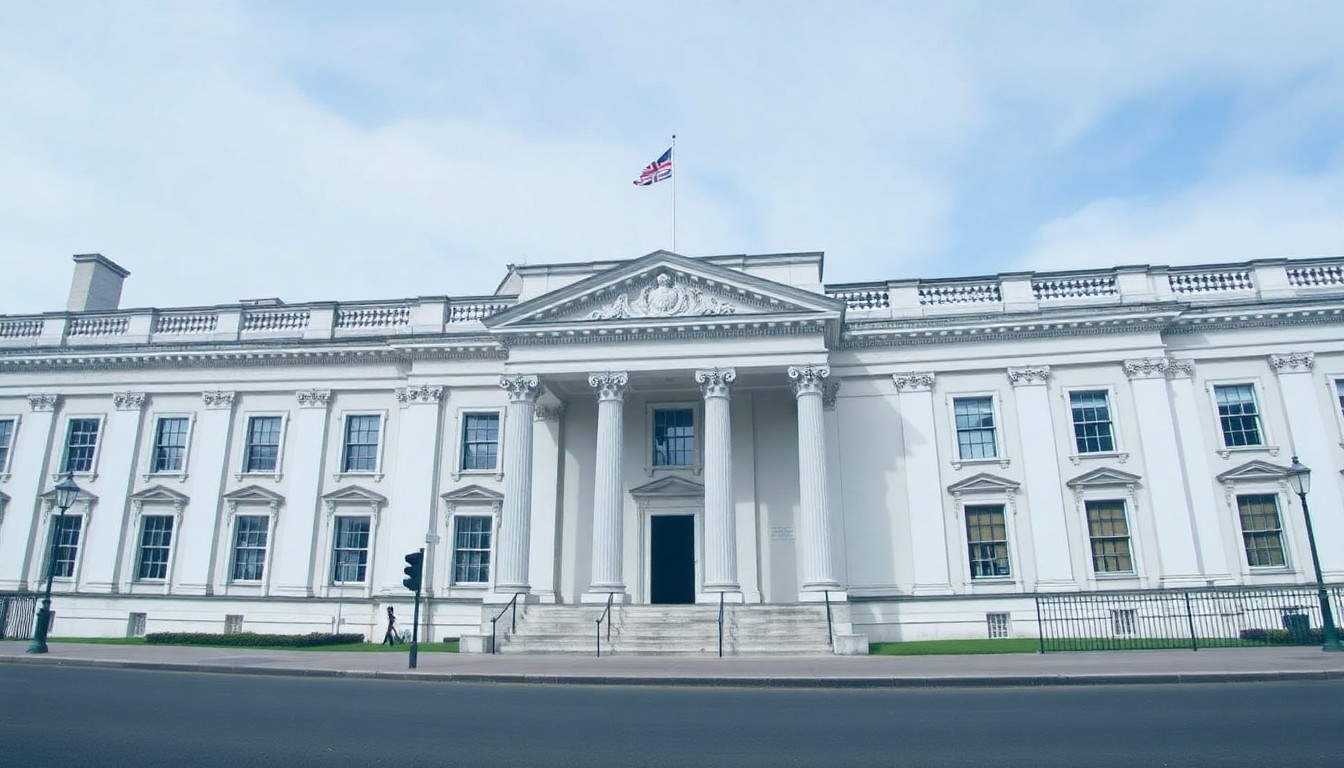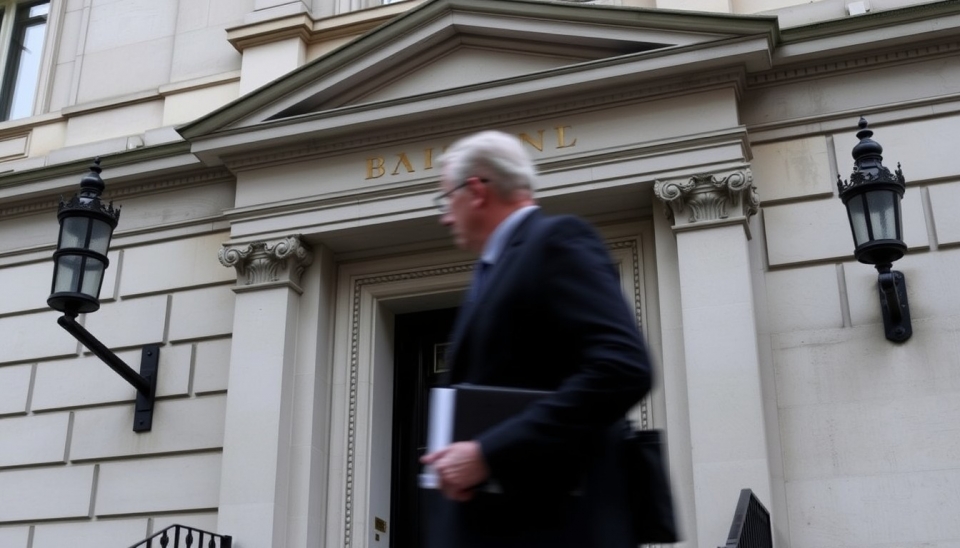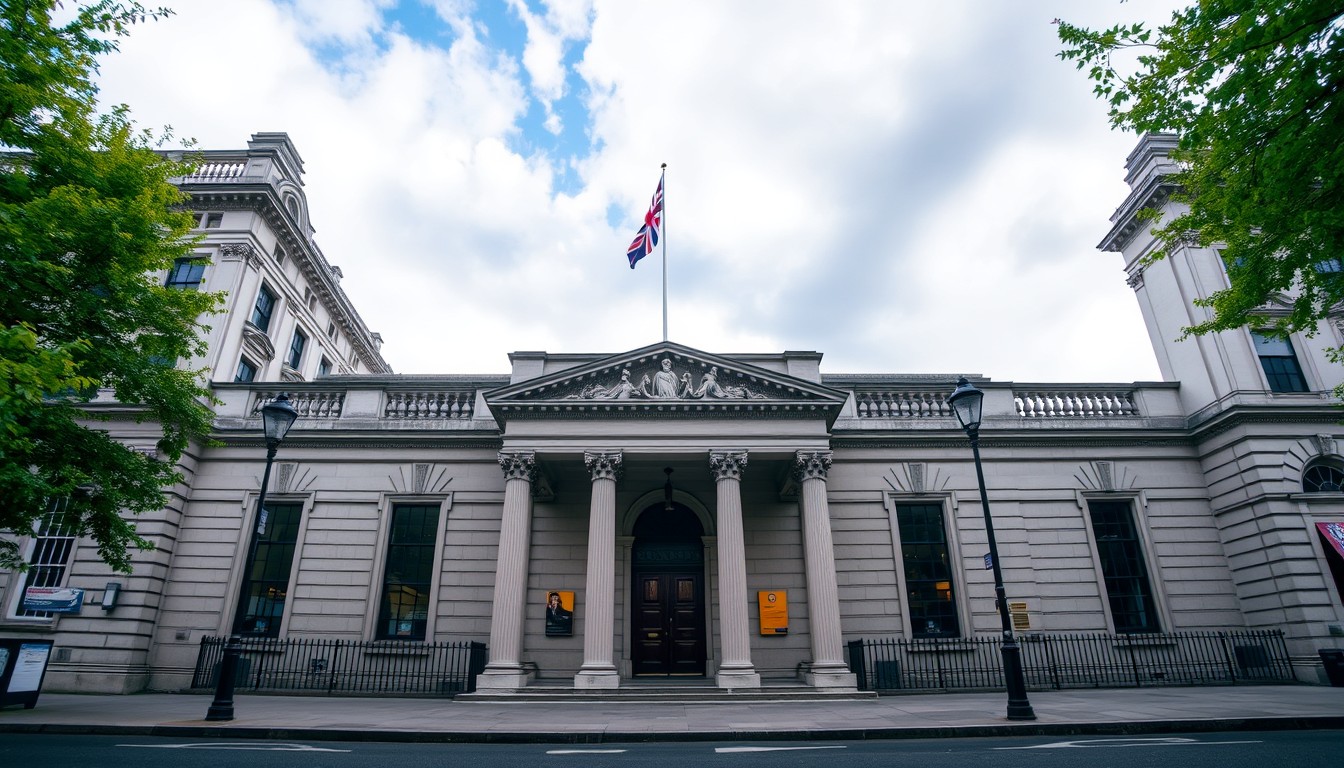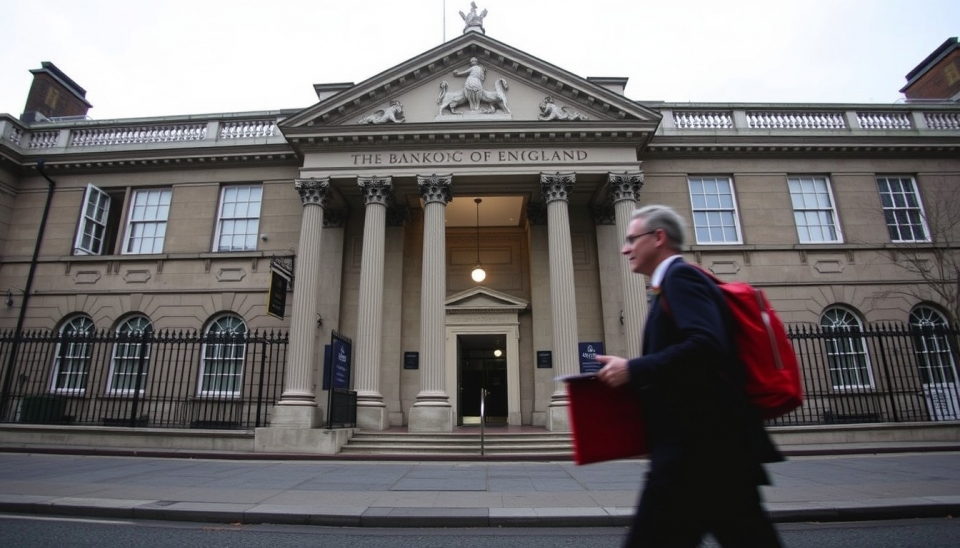
Bank of England Launches Support Program Worth Up to £4 Billion for Reeves
The Bank of England has announced the launch of a new financial support program for Reeves, which could amount to up to £4 billion. This initiative is aimed at strengthening the economy and assisting in the fight against the repercussions of the current financial difficulties facing the country.
Continue reading
Bank of England Maintains Interest Rates with a Focus on Caution
In its latest meeting, the Bank of England (BoE) decided to keep the interest rate at 5.25% following an 8-1 vote, indicating the central bank's commitment to a cautious approach regarding changes to monetary policy. BoE Governor Ann Boden noted that this decision was made in light of recent economic data showing a gradual slowdown in inflation and an overall improvement in the macroeconomic situation in the country. The central bank emphasizes the importance of stability in its policy, highlighting the need to bring inflation down to the target level of 2% before making changes to the key interest rate.
Continue reading
Bank of England Warns of Settlement Risks in Currency Markets
The Bank of England (BoE) has issued a warning that significant settlement risks exist within the unstable currency markets, which could adversely affect financial stability. An analysis conducted by the central bank indicates that currency exchange rate volatility has increased, prompting companies and financial institutions to reassess their risk management strategies and approaches.
Continue reading
Steady Inflation Rate in the UK Opens the Door for Rate Cuts
The inflation rate in the UK remained at 2.2% in August, matching the previous month. This data, published by the Office for National Statistics, indicates that there have been no significant changes in the prices of goods and services. The stability of inflation, which aligns with forecasts, creates a backdrop for potential further interest rate cuts by the Bank of England.
Continue reading
Bank of England's Capital Rules Remain Essentially Unchanged After Latest Tweaks
The Bank of England has recently announced that its key capital rules remain in their current form following minor adjustments. Authorities stated that this decision is driven by the necessity to ensure the stability of the country's financial system, especially amidst a volatile global economy. Despite adjustments in certain regulatory aspects, the overall direction of policy remains unchanged.
Continue reading
Bank of England Considers Easing Regulations to Stimulate Economic Growth
The Director of the Bank of England, John Breeden, has stated the potential benefits of relaxing certain banking regulations to stimulate economic growth. He noted that such measures could provide a higher level of credit accessibility and reduce stress on financial institutions, which could positively impact the country's economy.
Continue reading
Bank of England Supports Reeves' Budget Ahead of Key Movements in the Gilt Market
The Bank of England continues to closely monitor the gilt market, which represents a crucial aspect for future budget decisions by the Treasury led by Claire Reeves. Amid growing financial difficulties and uncertainty, Reeves plans to present budget amendments in the face of adverse economic conditions threatening the country's stability and social spending demands.
Continue reading
UK House Prices Continue to Rise After Bank of England Cuts Rates
Recent data from Halifax reveals that average house prices in the UK continue to rise despite economic challenges. In August 2024, prices increased by 0.7% compared to the previous month, with an annual growth rate of 2.6%. This price increase has been facilitated by the Bank of England's reduction in interest rates, which has made mortgages more accessible for buyers. As a result, demand for housing has surged, contributing to the rise in prices.
Continue reading
UK Wage Growth Turnaround Poses Challenges for Bank of England and Keir Starmer
In recent months, the United Kingdom has witnessed a noticeable shift in wage growth dynamics, raising serious concerns for the Bank of England and politician Keir Starmer. Specifically, wages in the private sector have begun to rise faster than expected, posing new challenges for monetary policy, as high wage growth rates may lead to accelerating inflation.
Continue reading
Bank of England Governor: Risk of Persistent Inflation in the UK is Receding
In a recent statement, Bank of England Governor Andrew Bailey announced that the threat of rising persistent inflation in the UK is gradually diminishing. Bailey expressed optimism that inflation could return to target levels despite the ongoing challenges in the country's economy.
Continue reading